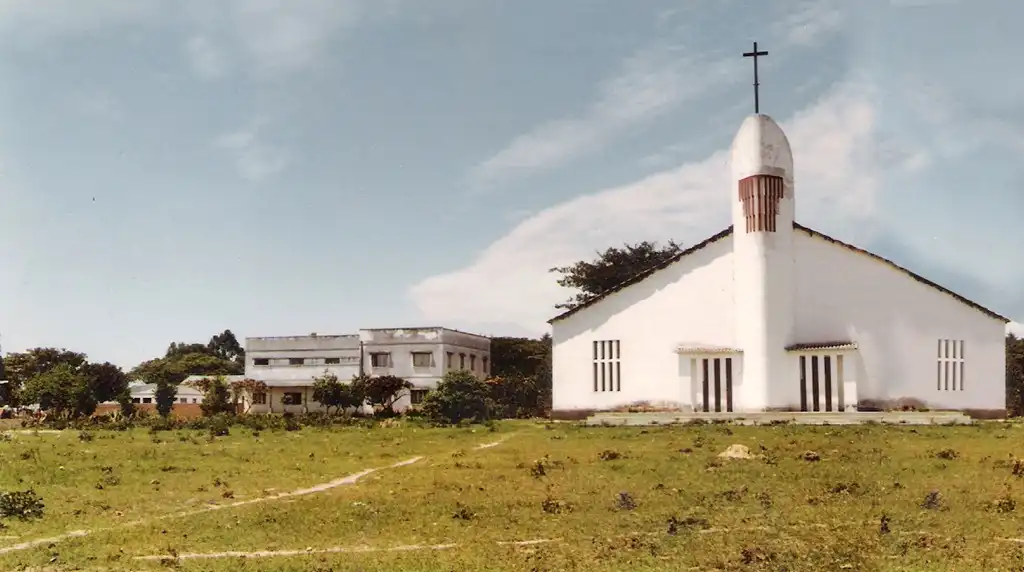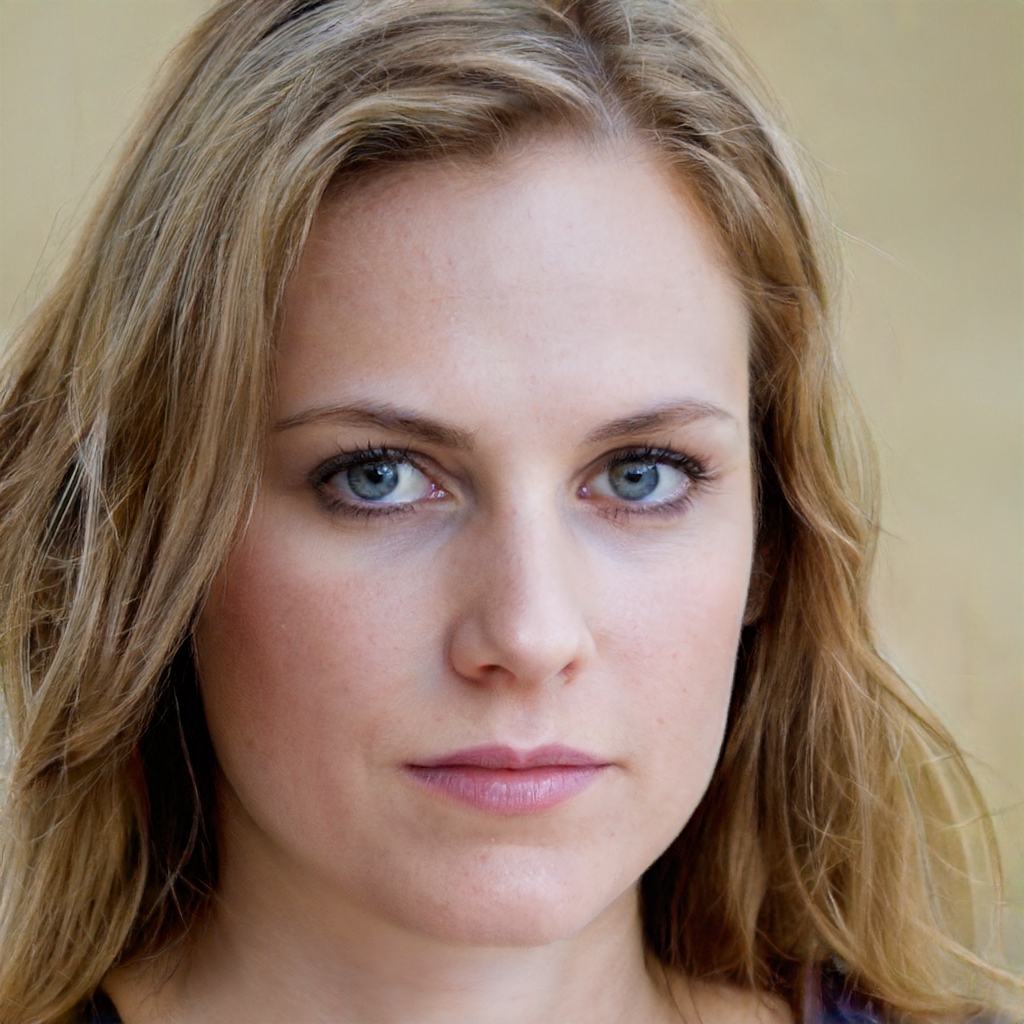
3 Days Itinerary in Caluquembe, Angola - Travel Guide
Beyond The Trails: 3 Unforgettable Days in Caluquembe, Angola
| Days | Description |
|---|---|
| 1 | Day 1: Discovery of Caluquembe |
| 2 | Day 2: Culture and Countryside |
| 3 | Day 3: Farewell to Caluquembe |
Introduction
Experience the authentic taste of Africa through an unforgettable 3-day journey in Caluquembe, Angola. This itinerary will take you off the beaten path, showcasing Caluquembe's rich history, vibrant culture, welcoming hospitality, and breathtaking natural beauty.
Day 1: Discovery of Caluquembe
Kicking off the first day of our extraordinary journey, you'll land in Lubango, where we'll start off with a good breakfast before heading to Caluquembe - a hidden treasure of Angola. On the road, we'll be captivated by beautiful landscapes and serene panoramic sceneries, a great initiation to Angola's charm. Once in Caluquembe, the first stop will be a community tour, a fantastic opportunity to dive into local culture and lifestyle. We'll meet with the friendly locals, try traditional Angolan dishes, and you'll definitely have a chance to pick up a few words in Umbundu – the local dialect. Embrace the rhythm of the local music as you learn some traditional Angolan dance steps. We'll wrap the day with a sumptuous local dinner, and rest easy for the next day's adventure.
Day 2: Culture and Countryside
Wake up to the sunrise over Caluquembe, ready for an authentic cultural immersion. After breakfast, we will visit the nearby rural communities. Here, we'll get to observe local artisans at work, possibly even try our hands at some of these traditional crafts. We'll trade city hustle for breathtaking rural landscapes as we head out to the countryside. There, we'll marvel at the rolling hills, dotted with Acacia trees, which is a picture-perfect moment waiting to happen. Post-lunch, we'll visit a local farm to learn about sustainable farming practices in Angola. In the evening, we'll relax around a campfire, toasting marshmallows, exchanging stories and stargazing - perfect ending to another unforgettable day.
Day 3: Farewell to Caluquembe
On our final day, we'll take a leisurely stroll around the Caluquembe, simply soaking in all the sights, sounds and smells of this wonderful place. How about grabbing some unique souvenirs for folks back home? For book lovers, the local market sells interesting literature in local languages, a unique keepsake. The afternoon will be lined with a visit to an ancient Angolan monument, giving you one last taste of the rich history of Angola. We'll have a farewell lunch at a local restaurant where you can try your new-found Umbundu phrases! Finally, we'll embark on our return drive to Lubango, with a heart full of wonderful memories and a camera full of beautiful photos.

Janet Smith
FAQs about this
3 day itinerary in
Caluquembe
The CDC and WHO recommend the following vaccines for Angola: Hepatitis A, Hepatitis B, Typhoid, Yellow Fever, Rabies, Meningitis, Polio, Measles, Mumps and Rubella (MMR), Tdap (Tetanus, Diphtheria, and Pertussis), Chickenpox, Shingles, Pneumonia, and Influenza. Always consult your personal physician before travel
The local currency in Angola is the Angolan Kwanza (AOA). Credit cards are not widely accepted outside of major cities or hotels, so carrying some cash is advised.
Angolans value manners and respect. When meeting, a firm handshake, direct eye contact, and genuine smile are appreciated. It's also common to exchange a few friendly words before getting into serious topics. The official language is Portuguese, and while English is spoken in tourist areas and by younger generations, learning a few basic Portuguese (or better yet, Umbundu!) phrases will be appreciated.
Other city itineraries in Angola
- Quibala
- Chibia
- Lucapa
- Huambo
- Dundo
- Lobito
- Benguela
- Gabela
- Belas
- Caluquembe
- Luena
- Sumbe
- Ganda
- Catape
- Saurimo
- Ebo
- Cabinda
- Cuango
- Cacuaco
- Cubal
- Ndalatando
- Cazanga
- Uíge
- Lubango
- Menongue
- Malanje
- Ndulo
- Moçâmedes
- Catumbela
- Vila Teixeira da Silva
- Ucu Seles
- Tchitato
- Soio
- Bocoio
- Quipungo
- Barra do Dande
- Cuito
- Luanda
- Talatona
